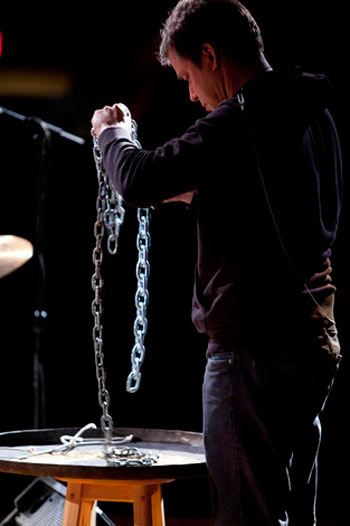Carly Rae Jepsen-Boy Problems
With its funky bassline, “naaaa na na na na” sing-along, and relatable lyrics of relationship woes, leaving Carly Rae Jepsen’s song “Boy Problems” as a forgotten album cut would have been criminal–which makes the clever video all the more dazzling.
In it, Jepsen connects with the teen girl demographic, using a sitcom-style presentation similar to Lizzie McGuire’s split-screen filters. Between the eye rolls and annoyed faces over Jepsen’s tearful broadcasts, this is boy trouble escalating to larger friendship issues and not a case of girls uniting.
Jepsen knows her friends are right in telling her to “let it go,” but she refuses to, using them to console her virtually during a bedroom meltdown. Rather than accepting responsibility for her inflated misery, she continues venting to a self-absorbed extent. The aftermath is effectively portrayed by the mock funeral: someone “dead” is in disbelief that Jepsen is still carrying on when there are bigger problems outside her bubble. And that narrow perspective is a clever translation of the lyric, “What's worse, losing a lover or losing your best friend?”
In it, Jepsen connects with the teen girl demographic, using a sitcom-style presentation similar to Lizzie McGuire’s split-screen filters.
The second chorus holds the best moment. Jepsen is stationed in the background of a streamer-filled party room while the other girls huddle in the foreground. When she looks over, everyone whips around and presumably makes a collective death stare. The “dead” girl returns and fittingly repeats "I've got worse problems" with exasperation, as if saying: "The world doesn't revolve around you, Carly!" And then back at the party, the girls take a group selfie but purposely exclude Jepsen—a quick sequence, but brilliant in its messaging.
It's not a sour experience that triggers escalated conflict; it's our behavior. Because yes, a good friend will be there for you, but constantly "taking, taking, taking" emotional support will, like the boy who cried wolf, stop your friends from taking you seriously. Then you’re worse off than when you began. Although masked by glamour and “girl power” appeal, it’s this smart underlying message of self-awareness that gives “Boy Problems” nuance.













